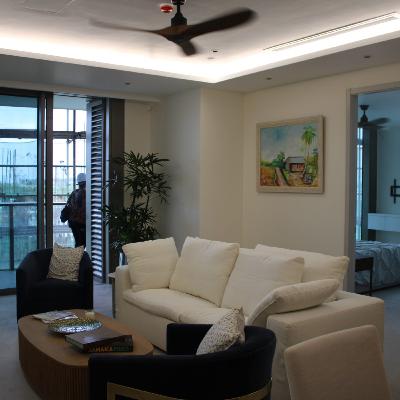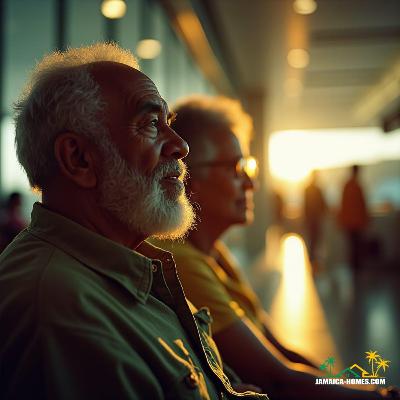Do US and Canadian Citizens Living in Jamaica Have to Pay Taxes?
Description
Thinking of retiring in Jamaica after years in the US or Canada? While the island offers sunshine, culture, and community, it also comes with something every retiree must plan for—taxes.
In this episode, we’ll break down the essentials of how Jamaican tax rules affect retirees who split their lives between countries. We’ll explore residency requirements—including the “183-day rule”—that determine whether you’re taxed only on Jamaican income or on income worldwide. We’ll also cover how different income types are treated:
Pensions & Social Security – sometimes tax-free for non-residents, but potentially taxable for residents.
Rental Income – always taxed if it’s from Jamaica, with extra considerations if you’re a resident earning rental income abroad.
Investments & Other Income – taxed differently depending on residency status.
We’ll also look at tax treaties between Jamaica, the US, and Canada that are designed to prevent double taxation, and share key tax rates and exemptions—like the first J$1.5 million of income being tax-free. For US and Canadian citizens, we’ll highlight the extra filing rules back home, including the IRS’s Foreign Earned Income Exclusion and Canada’s rules for former residents.
By the end, you’ll have a clearer understanding of how taxes may affect your retirement in Jamaica, and why consulting a cross-border tax professional is one of the smartest moves you can make.
For the full guide and detailed breakdown, visit:
👉 Jamaica Homes – Do US and Canadian Citizens Living in Jamaica Have to Pay Taxes?
























